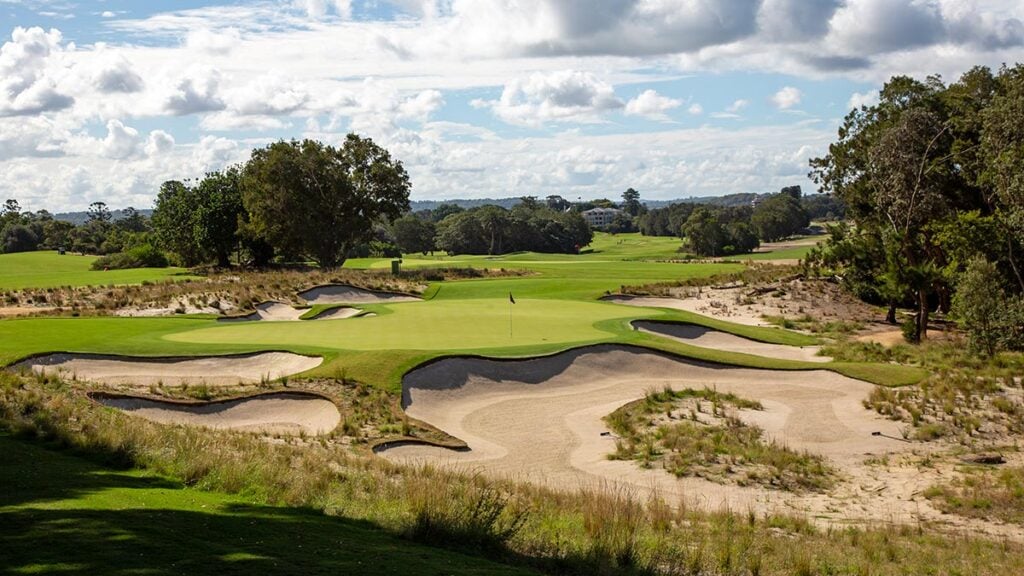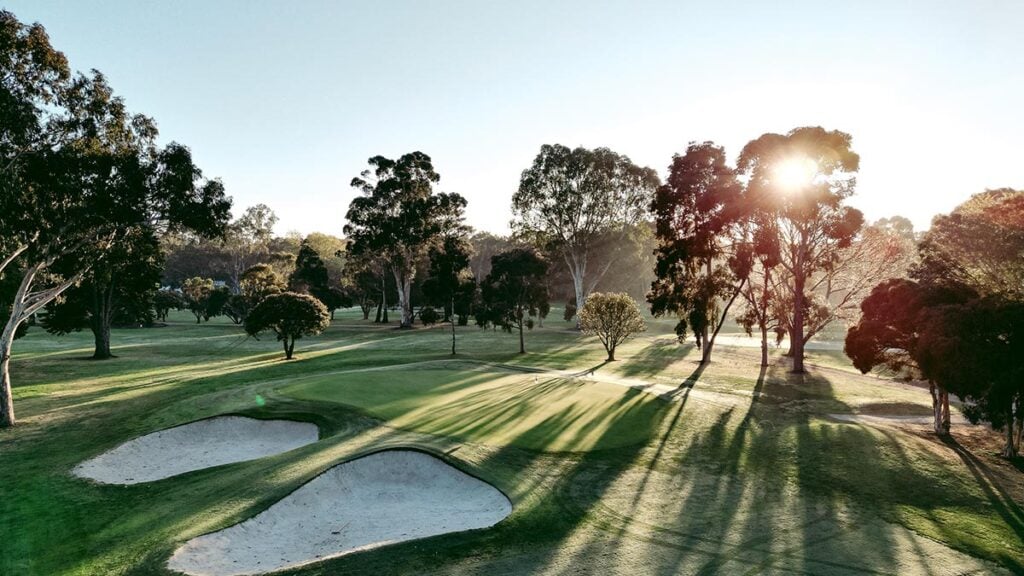[PHOTO: Reg Charity]
Let’s say that you are a golfer who averages 95 each round.
Now, what if I offered you the ability to be as good as the average tour player in one specific statistic? You’d take it and expect that your scoring average would plummet, likely into the 70s, right?
But if that statistic I offered you was to make the same number of birdies as the average tour player, you’d be very disappointed – your scoring average would drop by only a handful of shots at most.
That is one of the premises behind course-management expert Scott Fawcett’s admonition that you need to stop trying to make birdies.
In a lengthy discussion with Golf Digest, Fawcett – the founder of DECADE Golf – highlighted a common misconception between 90s-shooters and 70s-shooters.
Back to my offer.
Based on recent historical data, an average PGA Tour player makes between 3.5 and four birdies each round. Even if our 95-shooter averages zero birdies a round, they would only improve four strokes a round if they made as many red numbers as a tour player.
Why birdies aren’t as important as you think
“If you’re shooting 95, and I gave you the entire PGA Tour’s birdie average, it doesn’t even get you into the 80s,” Fawcett says. “There’s something else going on.”
Fawcett goes deeper to illustrate this point, comparing the statistics of players who average 95 to those who average 79. “As you improve 16 shots, only one of those is from making more birdies. These numbers, I want to say are quasi-irrefutable, but they’re completely irrefutable.”
To put it another way, if you gave a 95-shooter the same number of birdies that someone who averages 79 makes, they would improve by only one shot per round. The difference between these two players is not how many birdies they are making, it’s how many bogeys or worse they are making each round.
“The vast majority of your improvement as your scoring average drops, 70 to 80 percent of that is by avoiding bogeys or higher,” Fawcett says. “This game is just not about making birdies. This game is about avoiding bogeys.”
Yet too often we think that in order to get better, we need to start hitting more great shots. We need to stick it close more often, birdie the easy par 5 every round and make all of our 10-footers for birdie. The reality is, our scoring averages would plummet if we focused on avoiding the big mistakes that create unnecessary bogeys and doubles.
“You don’t have to try to make that birdie or par from whatever position you are in,” Fawcett says. “Just take your bogey, take your par, take whatever it is. It’s all about not trying to force things, which feels very cliché, but there are a number of old clichés that hold up. ‘Drive for show, putt for dough,’ that is not how it works, but the clichés of trying to avoid the landmines are 100 percent how this game actually works.”
So next time that you are out of position and in trouble, or are finding yourself playing too aggressively, heed Fawcett’s advice. Limit the mistakes and stop trying to make birdies.




